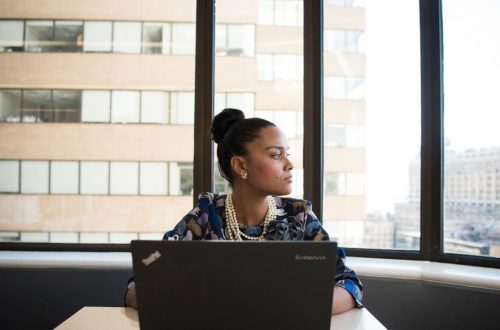Vulnerable yet Safe– 5 Levels of Sharing
So often the pendulum swings a bit too far. My mother, who was true to her generation, taught us to keep quiet about the family business. Her concern was appearances; she didn’t want others to think badly of her.
I never remember people praying for one another in my home church for anything other than illness, and usually those were for other people rather than their personal health issues. Who knows how many sick Uncle Joes and Aunt Marys were lifted in prayer at my church—not that there is anything wrong with praying for sick Uncle Joe and Aunt Mary! But where were the prayers for marriages, for spiritual growth, or for overcoming sins?
Our culture today seems to have gone to quite the opposite extreme. We can look online and find people sharing the most intimate details of their lives with anyone who cares to read. Millions of people are transfixed by reality shows. “Let us in and tell us everything” is the demand.
Thankfully, the church now encourages Christians to be vulnerable and real. It has learned from the experiences of my mother’s generation that it is not healthy to appear okay when we aren’t, and really no one believes it anyway. What makes that hard is the need to also be wise, and sharing everything with everyone is risky. Those of us who are leaders in the church can be particularly uncertain as to where the line is between positive vulnerability and unhealthy sharing.
So how much do we share?
A counselor may provide different advice, but this is how I go about it. I think of my innermost self as my home. Not everyone needs to go through all the doors.
Picture it this way:
• Strangers are best left on the front porch. Meet them there, not inside. In other words, be honest, but don’t share everything with everyone. If I speak to a large group or one that I don’t know, I am honest but not completely revealing. I tell enough to make sure they know that I am far from perfect. I am happy to talk about my own issues and how God has convicted me or changed me because then my story is about his glory, not my problems.
• Acquaintances are welcome in the house. I love them to see all of the living areas and enjoy food from the kitchen, but I don’t show them the closets. In fact I may be hiding things in there that are normally in the open with my family. These may be people who can be trusted, but I have to establish their safety before letting them beyond the living areas of my house. With such people, I share more of myself and my struggles and dreams, but I am careful not to implicate others in my stories. They don’t need to know who is involved except me.
• Good friends can go anywhere and see my messy closets, even stay in the house when I am gone. Because they have proven to be safe, I know that I can trust them with my story of hurts, failure, sins, and weaknesses. They respond
• in love, sensitivity, and truth married to kindness, so I can be most vulnerable. They will keep my secrets and encourage me to persevere as I work on my sins. (See Col. 3:12-17 for a great summary of characteristics of a healthy friendship.)
• And then there is God. Even my best friends aren’t allowed to inspect certain recesses in my house, such as the area behind the washer and dryer or refrigerator. There are nasty growing things there! These are the hurts, sins, and cares so deep within that only God can see them. With him I must be most vulnerable. As he cleans and heals those places, I can let others see the work that he has done.
• There is one other group that needs access to nasty recesses—the workers who come to fix what is broken. Repairmen must be able to go anywhere that a problem leads them. Several weeks ago a repairman got behind my refrigerator because it stopped working, and he saw the gross dirt and dog hair that had accumulated there. When we are clueless about how to fix a breakdown, we need someone with expertise to identify the problem. Counselors, ministers, accountants, and mediators can be of great help if they have access to the areas where problems reside. If we want to change and grow, we must be humble enough to admit our need and let them in.
So let’s be vulnerable but wise before we open the doors of our lives.
What have you experienced as far as safe or unsafe friendships?
This article was originally posted on The Aroma of Influence on June 2, 2015.



